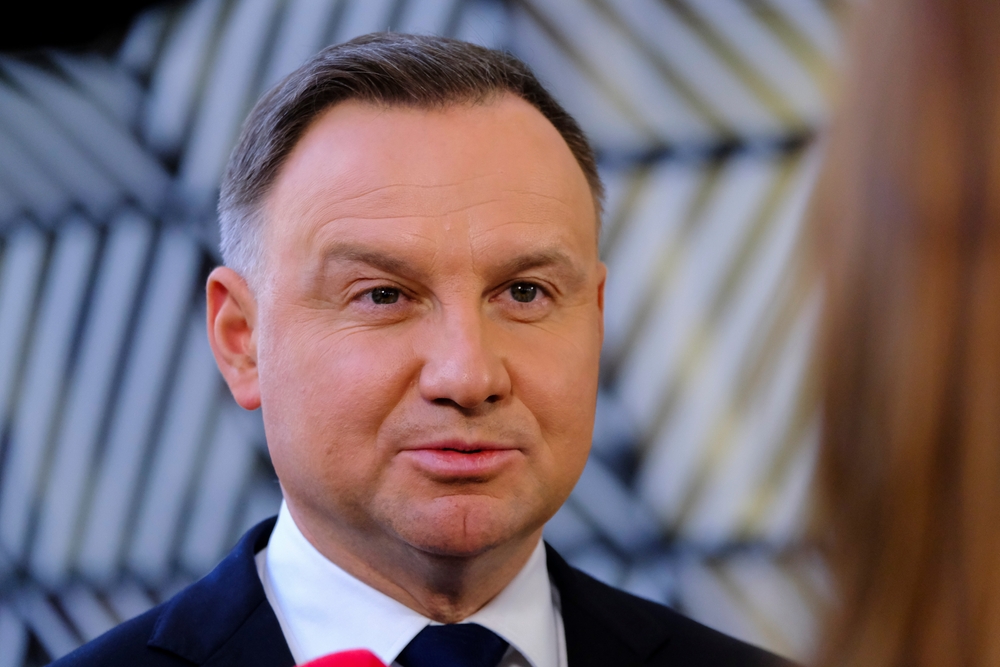Amidst growing tensions and the shadow of conflict looming over Europe, Polish President Andrzej Duda makes a bold call to NATO allies, urging a significant uplift in defense budgets.
Others are reading now
Polish President Andrzej Duda has thrown down the gauntlet, urging NATO member states to ramp up their defense spending to a formidable 3% of GDP.
This proposal, reported by Rzeczpospolita on April 4, marks a significant leap from the current 2% guideline—a benchmark many member states are still struggling to meet.
As the specter of conflict with Russia casts a long shadow over the Euro-Atlantic region, Duda’s call for increased spending is not just about numbers; it’s a clarion call for unity and strength.
“I am convinced that this is the basis for the consistent development of security throughout the Euro-Atlantic area,” Duda passionately stated, framing his proposition as a countermeasure to “the Kremlin’s imperial policy.”
Also read
Poland itself has been leading by example, dedicating over 4% of its GDP to military upkeep and modernization.
Duda’s emphasis on Poland’s commitment underscores a broader message: security comes at a price, but it’s a price worth paying.
The backdrop to Duda’s push is a narrative of escalating tensions and heightened risks.
While NATO countries had agreed in 2014 to aim for the 2% GDP spending target, Duda argues that what was sufficient a decade ago no longer meets the security needs of today’s geopolitical landscape.
Global Risks and Regional Responses
The urgency of Duda’s proposal gains further weight from various reports and statements pointing to a potential conflict brewing on Europe’s doorstep.
From Bild’s December 2023 intel hinting at a possible Russian move against Europe, to German Defense Minister Boris Pistorius’ stark warning of a military threat unseen for three decades, the drumbeats of war seem to be getting louder.
Yet, amidst these alarming forecasts, there are voices advocating for calm and preparedness rather than panic.
U.S. intelligence assessments suggest Russia is steering clear of direct military confrontations with NATO, favoring asymmetric tactics instead.
Similarly, Spanish Foreign Minister Jose Manuel Albares reassured that neither the EU, NATO, nor Spain is gearing up for war, despite acknowledging the growing threats.


